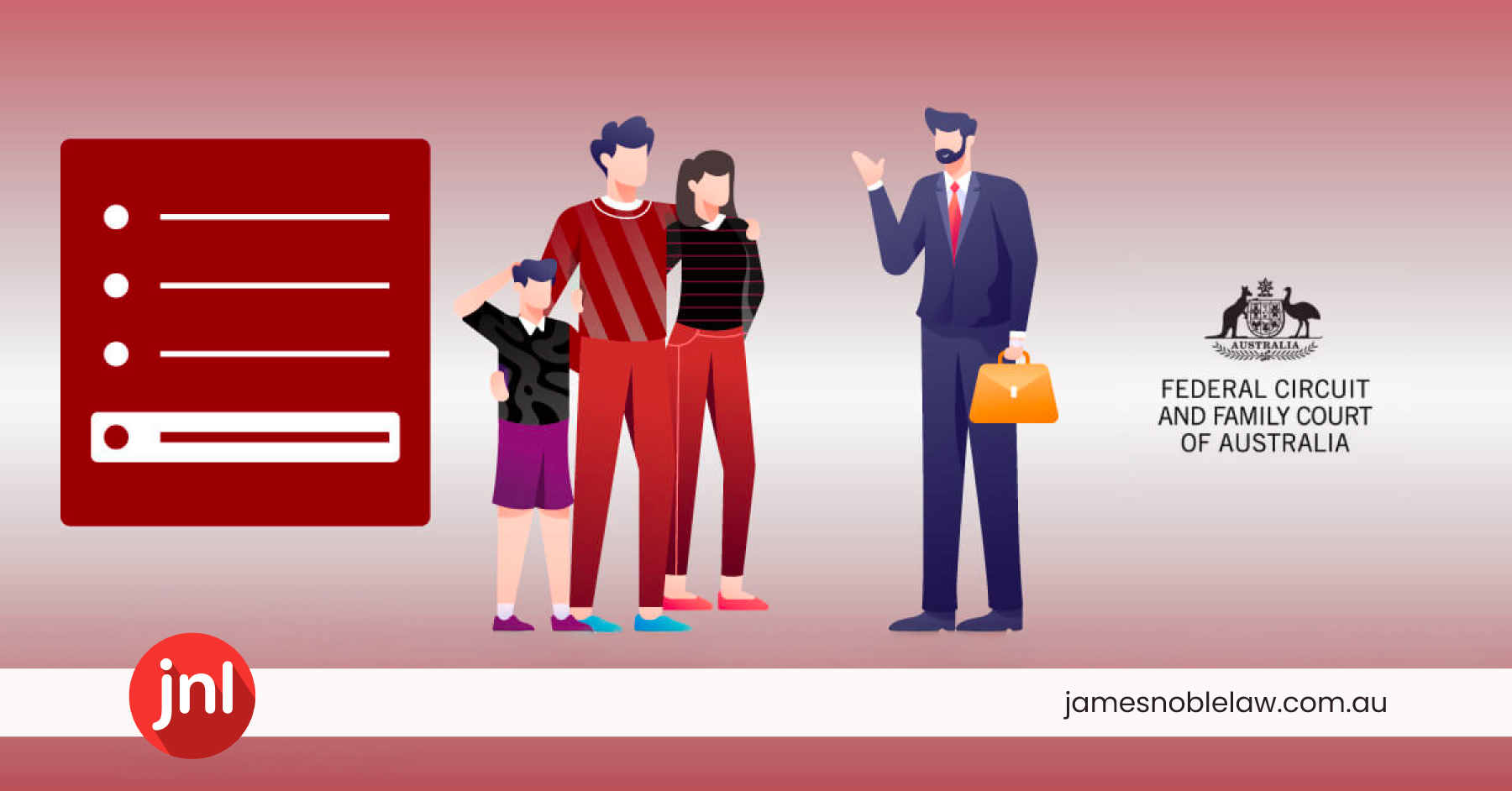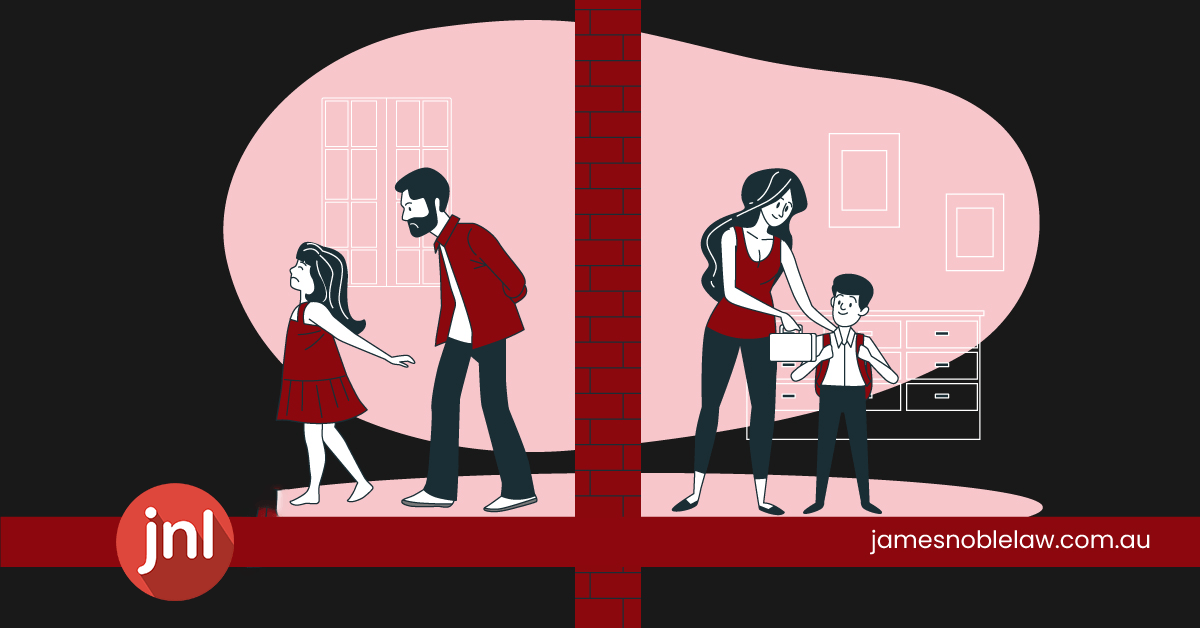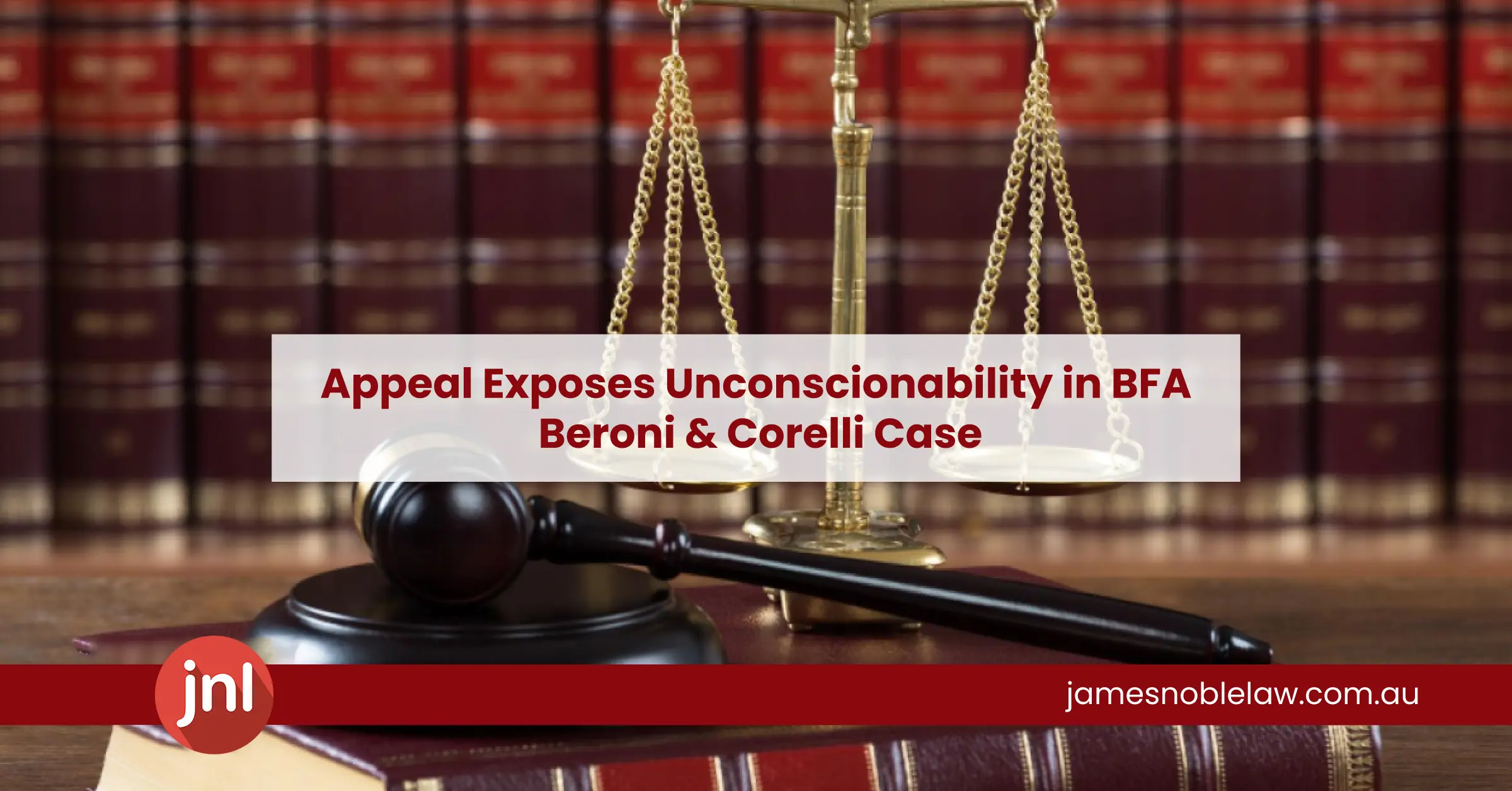Latest blog posts
Guidelines for Independent Children’s Lawyers (ICLs)
Endorsed by the Chief Justice (Division 1) and Chief Judge (Division 2) of the Federal Circuit and Family Court of Australia and the Chief Judge of the Family Court of Western Australia. In this blog, we explore the Guidelines for Independent Children’s Lawyers. Purpose of these Guidelines These Guidelines aim to provide clarity and practical guidance to Independent Children’s Lawyers (ICLs) in fulfilling their unique and vital role within family law proceedings. They also serve to inform legal practitioners, parties...
Read More
Healing Broken Bonds: Dealing with Parental Alienation
Dealing with Parental Alienation Parental alienation is the psychological manipulation of a child into showing unfounded fear, contempt or hostility towards a parent that is unjustified. Alienation is certainly a common counter-allegation when accusations of family violence and abuse are made in family law proceedings. The concept of alienation syndrome is quite controversial, and many argue that it does not exist. In fact, it is so divisive that the Office of the United Nations High Commissioner for Human Rights launched...
Read More
Sleeping Arrangements : Overnight Time in Parenting Matters Explained
Sleeping Arrangements - Parenting Matters Going through a separation with young children can be challenging. The child’s age can often be weaponised and used as a way to limit access for the parent that does not have primary care. The age group of 0-4 years is significant in the development of the child’s brain and learning. They form critical attachments and emotional bonds with their caregivers during this time. Children also develop the concept of object permanence at around 8...
Read More
Navigating Family Law in Later Life Relationships
What Happens If One Party Goes into Aged Care? The High Court decision in the case of Fairbairn v Radecki [2022] HCA 18, is relevant in considering how a settlement might occur if one party were to enter aged care. The facts of Fairbairn v Radecki are as follows: The female appellant and male responded were in a later life relationships commencing in 2010 in the state of New South Wales; There were children of a prior relationship; The parties...
Read More
Inside the Evatt List: A Closer Look at Family Law Cases
What is the Evatt List Brisbane registries of the Federal Circuit and Family Court of Australia have a specialist list for “parenting only” cases, called the “Lighthouse Project” whereby matters classified as “high risk” are referred to the Evatt List. The Evatt List is a specialist Court list for eligible cases that are classified as ‘high risk’ are managed using intensive case management processes and resources. This purpose of this specialist list is to ensure that vulnerable families are provided...
Read More
Empowering Resilience: The Vitality of Paid Domestic Violence Leave
Paid Domestic Violence Leave For Employees Paid Domestic Violence Leave: The Fair Work Ombudsman has introduced Family and Domestic Violence leave for employees. Paid family and domestic violence leave was made available for employees of non-small businesses (businesses with over 15 employees) from 1 February 2023. Employees who work for small businesses (less than 15 employees), will be able to gain access to this paid leave from 1 August 2023, however, they can still access the existing 5 days of...
Read More
Resolving Family Disputes : Your Path to Peaceful Resolutions
Resolving Family Dispute Resolution The merger of the courts on 1 September 2021 brought with it a shift in how family law cases proceed, with a greater emphasis on dispute resolution both before and during a proceeding, and new rules to facilitate that shift. See brochures: “Before you file - pre-action procedure for parenting cases” and “Before you file – pre-action procedure for financial cases” In both thee FCFCA and FCWA lawyers must assist their clients to comply with their...
Read More
A Guide to Changing Child’s Surname
Joint consent is required for Changing Child's Surname Section 4 of the Family Law Act (Cth) 1975 considers changing a child’s surname to be a major long-term issue in relation to the care, welfare, and development of a child. In Queensland, a child’s surname can only be changed with the consent of both parents listed on the child’s birth certificate. If there is consent by both parents, a joint application to the Registry of Births, Deaths and Marriages can be...
Read More
The Principles Applicable to Sole Use and Occupation of the Matrimonial Home (Section 114(1) of the Family Law Act)
Matrimonial Home Principles which are Applicable to Sole Use and Occupation The principles to be applied in making an order for sole use and occupancy of the former matrimonial home pursuant to s 114(1) of the Act are to be understood in light of the observations about the general nature of the injunctive powers of this section of the Act. They may be summarised as follows: a) the Court may make such an order as it thinks proper; b) there are no words...
Read More
What is an Independent Children’s Lawyer (ICL)
Independent Children's Lawyer (ICL) Relebant Law The Family Court has inherent jurisdiction and hence power to control its own proceedings including the power to appoint and discharge an ICL. Such power is by its nature discretionary. Specifically, the power to appoint an Independent Children's Lawyer (ICL) is provided at s 68L of the Family Law Act 1975 (Cth) (“The Act”). Section 68LA sets out the role of the ICL as follows: 68LA Role of independent children’s lawyer When section applies...
Read More
Top five traits of a Female Narcisisst and what to look out for in a relationship
5 Key Traits of a Female Narcissist Narcissistic personality disorder (NPD) is a mental health condition characterized by a grandiose sense of self-importance, a need for admiration, and a lack of empathy. While both men and women can have NPD, research suggests that female narcissists may use different tactics than their male counterparts to get what they want. Here are five traits of a female narcissist to watch out for in a relationship. Self-absorption One of the hallmarks of NPD...
Read More
Top 5 Traits of a Male Narcissist and What to look out for in a Relationship
5 Key Traits of a Male Narcissist Narcissistic Personality Disorder (NPD) is a mental condition characterized by a grandiose sense of self-importance, a need for excessive admiration, and a lack of empathy toward others. Men with NPD can be charming and charismatic, but they can also be emotionally abusive and damaging in relationships. Here are five traits of a male narcissist to watch out for in a relationship. Extreme self-centeredness: A male narcissist's primary focus is on himself, and he...
Read More
Exploring The Family Law Act Principles under Section 114(1) in Australia
What are the Principles under Section 114(1) of the Family Law Act in Australia? The principles to be applied in making an order for sole use and occupancy of the former matrimonial home pursuant to s 114(1) of the Act are to be understood in light of the observations about the general nature of the injunctive powers of this section of the Act. They may be summarised as follows: a) the Court may make such an order as it thinks proper; b) there...
Read More
PARENTING – Schooling – Where the parents seek that their children attend different schools
PARENTING – Schooling – Where the parents seek that their children attend different schools The relevant authorities set out some of the applicable principles as follows: Schooling disputes are not resolved by the application of a “blanket presumption” or preference for the views held by the residential parent. The Court is required to apply the objects and principles of Part VII of the Family Law Act and to consider the statutory criteria in forming conclusions about the child’s best interests. Section...
Read More
THE APPLICATION TO PROCEED ON AN UNDEFENDED BASIS
Application for undefended proceedings The Court can make Orders where a party has been given an opportunity to participate in the proceedings but fails to do so. Principles The Family Law Rules provide mechanisms that allow the Court to determine a case if a party does not comply with the Rules, Family Law Regulations, or procedural orders. Family Law Rules 1.33 states: Failure to comply with a legislative provision or order (1) If a step is taken after the time...
Read More
Legal costs in family law proceedings
Legal Costs in family law proceedings: Overview and Legal Framework The law relating to costs in family law proceedings is well settled and set out in detail in the Full Court decision of Parke & The Estate of the Late A Parke. General Presumption and Exceptions An application for costs is governed by s 117 of the Family Law Act 1975 (Cth) (“the Act”). Section 117(1) of the Act sets out the general presumption that each party to the proceedings shall bear their own costs. This...
Read More
Breaches of Financial Court Orders and Enforcement
Breaches of Financial Court Orders and Enforcement Breaches of Financial Court Orders are common, though not ideal in Family Law matters, especially for property matters where large sums of money are to be paid and transfer of property is to be arranged. In general, financial orders require payment of a sum of money or the transfer of property/chattels. When a party refuses or fails to pay the sum or do all necessary for the transferred property, they default their obligations...
Read More
Property proceedings – Assessment of a party’s interest in matrimonial property
Property proceedings - Family Court of Australia - Full Court Barnell & Barnell [2020] FamCAFC 102 This case looked at the principles relevant to the assessment of contributions determining property proceedings pursuant to s 79 of the Family Law Act 1975 Applicable principles It is well-settled by the authority that the assessment of contributions under s 79 of the Act is not a mathematical exercise. Evaluating Disparate Contributions Contribution, either direct or indirect and financial or non-financial, to any of acquisition and/or conservation and/or improvement...
Read More
Child Relocation and Parenting Orders: Best Interests and Freedom of Movement
Child Relocation and Parenting Orders In most relocation matters a parent will seek to move to a location that would make it difficult for the child to spend time with the other parent. Wherever the child lives the Court will endeavour to ensure that the child should spend reasonable time with the other parent. Consideration of Best Interests of the Child The Court must consider the current, and prospective arrangements for the child and whether they would be in the...
Read More
Appeal Exposes Unconscionability in BFA: Beroni & Corelli Case
Setting aside a Binding Financial Agreement (“BFA”) by reason of undue influence and unconscionability. This was thoroughly canvassed in the Appeal, Beroni & Corelli [2021] FamCAFC 9 (10 February 2021) Communication Between the Parties, BFA: The parties had difficulty with communication; the husband was not able to speak the wife’s language, and the wife had limited English this allowed the parties to have some communication. This hindered effective communication between the parties, BFA. The husband told the wife that he...
Read More






















